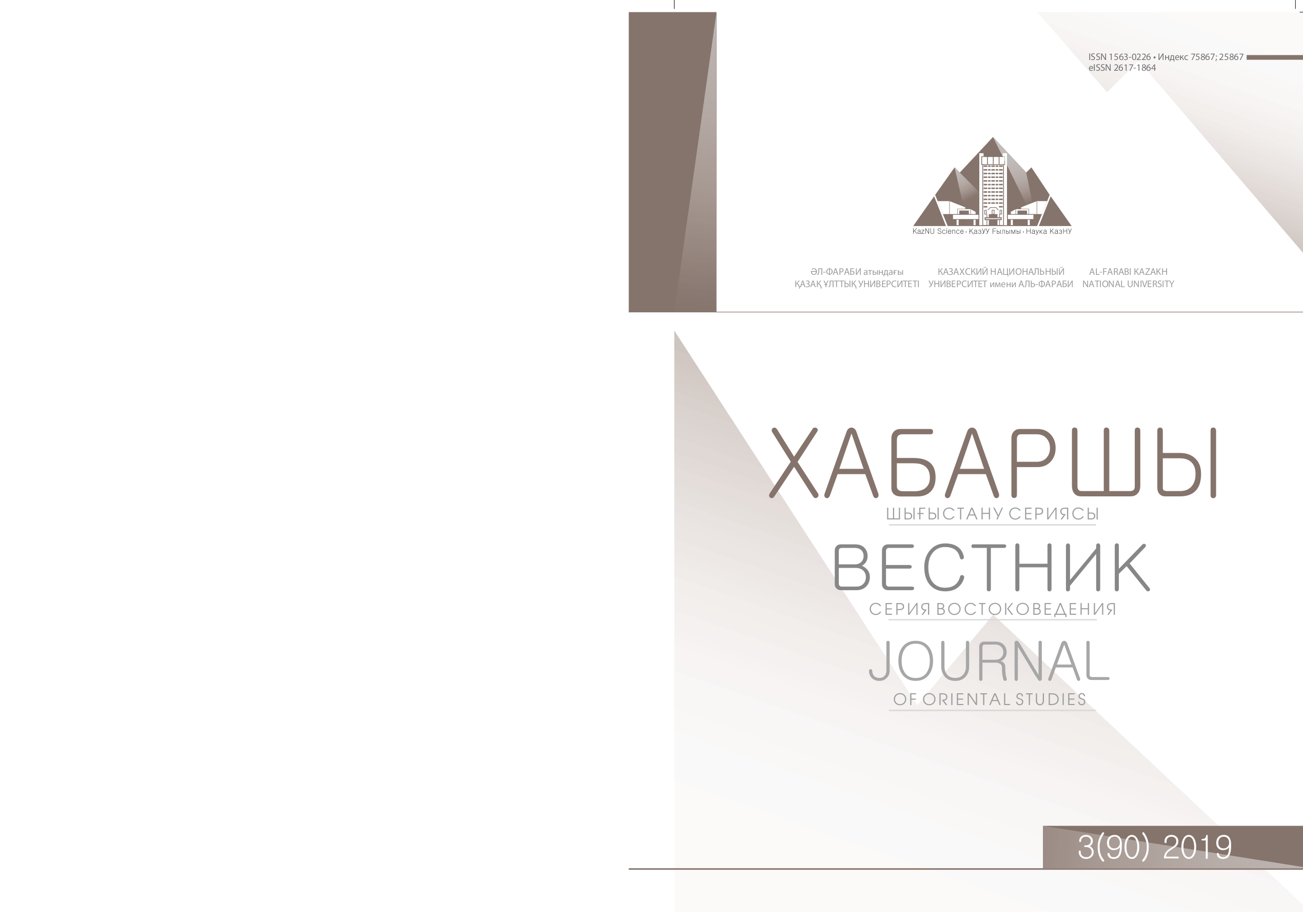Education policy and the japanese new knowledge society
DOI:
https://doi.org/10.26577/jos.v90i3.1424Abstract
Improving educational institution has been shown to advance socioeconomic development, reduce inequality, enhance the economic competitiveness of nations, and fortify governmental institutions. Nevertheless, the Japanese school system faces many obstacles in getting meaningful education reforms approved or implemented. Firstly, this article analyses education policy and reform in Japan over the past 20 years, especially focusing on revising the Course of Study (Gakushū Shidō Yōryō) towards 2020, during the rapid emergence of a “new knowledge society”. Secondly, it is to sort out how the issue of “equal educational opportunities” has been discussed while going through the education reform in recent years. The rarity of educational opportunity in Japan is more evident in the limitation of access to high-quality primary and secondary education to children whose households are affluent enough to afford accommodation in at least middle-class neighborhoods, or to those who can afford private schools. Since education is an important role of any government, and because the government is the predominant provider of this opportunity to the masses, appropriately distinct restrictions on its dissemination and delivery must and do exist. Key words: education policy in Japan, “new knowledge society”, “equal educational opportunities”, Japanese school system.














